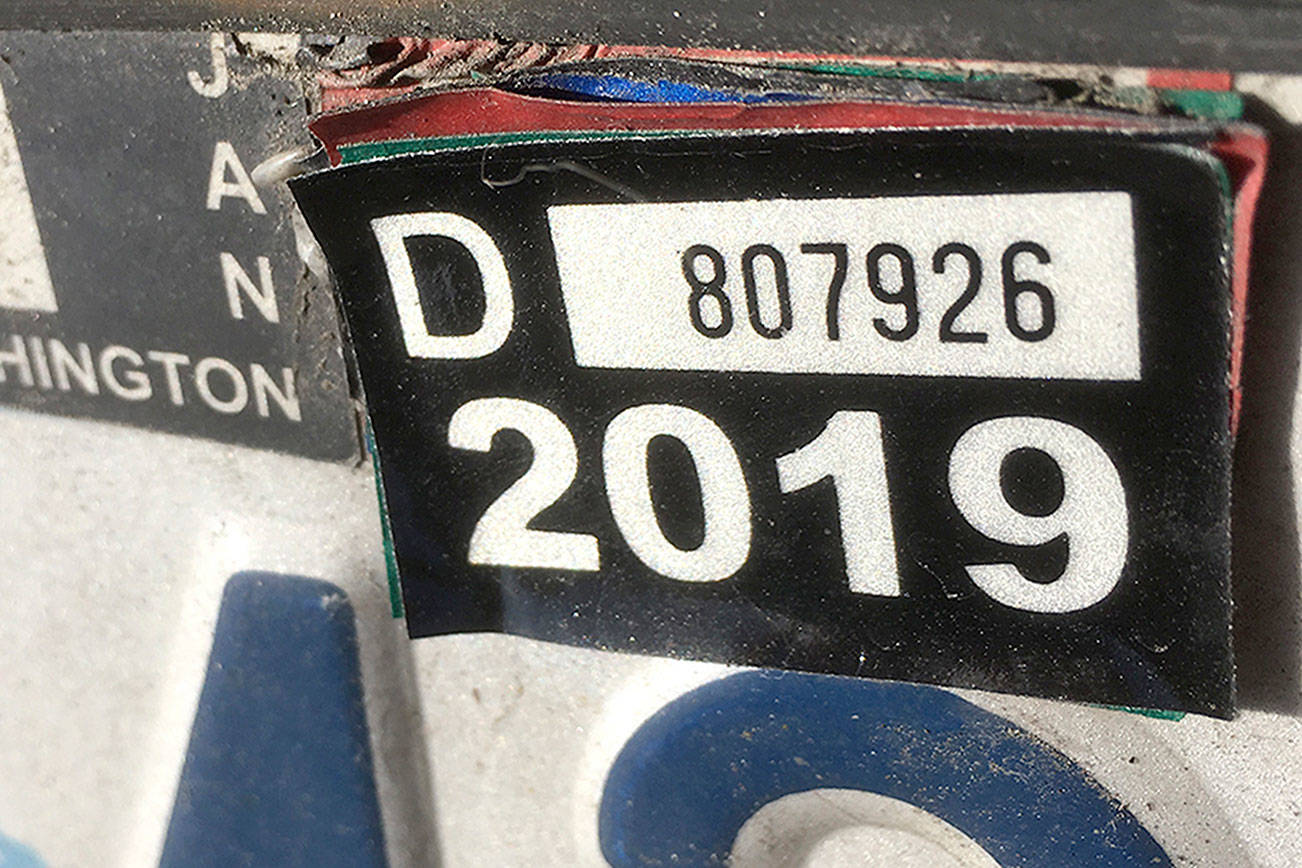Car tabs are on the ballot again in Washington with another statewide initiative pitting transit advocates and programs against lower annual taxes.
Initiative 976 was created by political activist Tim Eyman. If approved by Washington state voters in November, the proposal would do a number of things, including limiting car tabs to $30 a year. The proposal would also eliminate the 0.3 percent sales tax on vehicle purchases, lower fees on electric vehicles and snowmobiles, bar transportation benefit districts from imposing vehicle fees, and reduce the Sound Transit motor vehicle excise tax.
This would remove a number of transportation and transit funding mechanisms from state and local coffers. The Office of Financial Management released an analysis reporting the state would lose more than $1.9 billion over the next six years, and local governments across the state would lose about $2.3 billion total. If approved, portions of the initiative would take effect in December.
Eyman has filed several ballot measures in recent years to try and limit car tabs, with four initiatives that were approved by voters later being overturned. Eyman said he’s “drippingly optimistic” about I-976 passing this November, especially after the Sound Transit 3 (ST3) hike significantly increased car tabs for residents in Puget Sound.
“Voters noticed after the election that what they were told before the election turned out not to be true, that prior to the vote they were told that their car tabs would only go up about $80,” Eyman said.
Part of the initiative would also tie future car tab increases to Kelly Blue Book valuation, instead of the recommended manufacturer sales price.
The initiative has been opposed by a wide coalition of interests, ranging from transit advocates to Washington State Patrol associations. A political action committee known as Keep Washington Rolling has raised more than $1.3 million to fight the initiative, with nearly $900,000 of it coming from businesses, according to the state’s Public Disclosure Commission.
Pro-initiative PACs include Voters Want More Choices and Permanent Offense, which had raised around $100,000 combined. Ballotpedia also counted an additional $500,000 in unpaid loans from Eyman that the site counted as cash contributions to the initiative campaign.
Sound Transit spokesperson Geoff Patrick said he couldn’t comment on an active ballot measure, but sent an official agency statement. Sound Transit is claiming it could lose roughly $20 billion through 2041 if I-976 is approved. It could require the agency to push back its massive Sound Transit 3 expansion through 2060, nearly 20 years longer than originally anticipated.
Nick Abraham with the Washington Environmental Council has other concerns too. Projects that are focused on cleaner transportation, including light rail, could see their budgets gutted. Projects that were already approved by voters, like ST3, would also be affected.
“From our perspective on the environmental side, these transportation projects are already ones that people have approved and said they wanted,” Abraham said.
Other projects including bus and rapid transit rollouts, as well as local transportation projects, could be affected in Western Washington and beyond. Spokane could lose $2.5 million from their transportation district as they’re working on a regional bus project. Other areas of the state such as Garfield County are almost entirely reliant on state funding for bus transit systems, said Justin Leighton, executive director of the Washington State Transit Association.
Leighton said the association has not officially endorsed either side, but is working to educate voters on the potential impact of the initiative passing. Around $1.5 billion of the total revenue drop would come from the state’s multimodal account over the next six years. This account helps fund transportation projects across the state including transit grants, the State Patrol, state Department of Transportation rail programs and the ferry system.
Regional and rural mobility grants, vanpool investments and green transportation grants could also be on the chopping block.
“The potential impact is that those would all go away and what that means for those agencies,” Leighton said.
More than 100 transportation benefit districts across the state would be banned from collecting vehicle fees, which brought in more than $105 million in 2017, according to the Association of Washington Cities.
King County Executive Dow Constantine made a statement on Twitter: “It’s not fair that a statewide initiative would take away the ability of King County residents and cities to take action to solve our transportation challenges. This measure would take us backwards.”
The General Election is Nov. 5.


